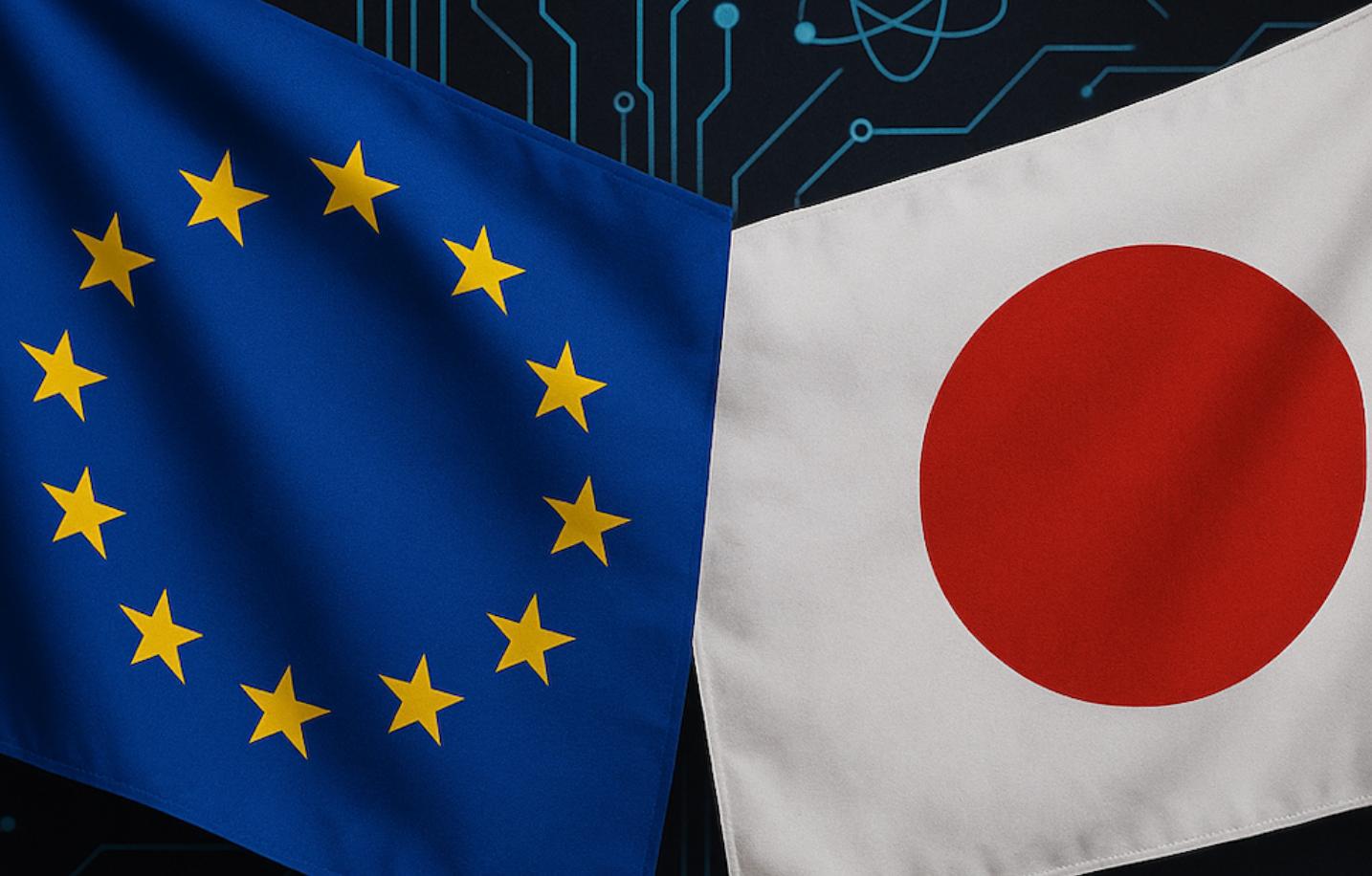
On May 13, 2025, the EU and Japan officially signed a letter of intent for cooperation, marking a new stage in their cooperation in the field of quantum technology. This move is part of the deepening of cooperation in the EU-Japan digital partnership, which aims to jointly address global challenges such as climate change, disaster response capabilities and cybersecurity through collaborative research and development. The letter of intent was signed in Tokyo by Henna Virkkunen, Executive Vice President of the European Commission for Technological Sovereignty, Security and Democracy, and Minoru Kiuchi, Minister of State for Science and Technology Policy of Japan. The agreement not only symbolizes the further upgrading of the technical cooperation between the two sides, but also reflects their determination to strengthen strategic cooperation in the global technological competition landscape.
First, the cooperation framework emphasizes the promotion of joint scientific research through the coordination of the two funding mechanisms - the EU's "Horizon Europe" and Japan's cross-departmental Strategic Innovation Promotion Program (SIP). The two sides will launch a joint project solicitation to achieve research resource sharing and focus on key results such as promoting digital transformation, sustainable development and social resilience.
Secondly, quantum computing, as the core area of this cooperation, is highly valued. According to the joint statement issued by the EU-Japan Digital Partnership Council in Tokyo on May 12, the two sides will launch a joint project solicitation on quantum computing research, mainly to support the exploration of cutting-edge algorithms and the development of hybrid computing systems. These projects will combine quantum computing capabilities with traditional high-performance computing, especially in the fields of biomedicine, materials engineering and climate modeling, and have broad prospects.
At the same time, one of the important achievements of this cooperation is the launch of the "Q-NEKO" project. The project is jointly undertaken by 16 scientific research institutions from Europe and Japan and is supported by a grant of 4 million euros (about 4.5 million US dollars) from the European Union. Its goal is to promote the application of quantum-enhanced artificial intelligence and machine learning, covering all-round research and development of software, hardware and hybrid architectures.
In addition, the agreement also clarifies the basic principles for the implementation of cooperation, including open and transparent allocation of funds, equal treatment of participants, and joint evaluation and supervision of research results. In addition, the two sides will establish relevant intellectual property management rules in accordance with the provisions of their respective funding mechanisms to provide institutional guarantees for the transformation of results and subsequent applications.
Furthermore, although the letter of intent itself is not legally binding and does not directly establish financial or legal obligations, it has great symbolic significance. It lays an institutional foundation for further expanding cooperation in the quantum field in the next few years, and indicates that the two sides will continue to broaden the depth of docking in technology strategies.
Finally, this cooperation is not a castle in the air, but is built on the basis of long-term interaction. In recent years, the EU and Japan have continued to deepen cooperation in science and technology, economy, infrastructure and other fields. For example, the EU-Japan Strategic Partnership Agreement and the "Sustainable Connectivity and High-Quality Infrastructure Partnership" are important supporting frameworks. This cooperation on quantum technology is another achievement of this series of intergovernmental cooperation.
In the future, the two sides plan to further strengthen cooperation in key technology areas such as quantum communications, advanced semiconductors, cybersecurity and trusted data exchange to promote economic resilience and secure upgrades of digital infrastructure. In order to continue to track the progress of cooperation, the next EU-Japan Digital Partnership Council meeting is expected to be held in Brussels in 2026, when a comprehensive review of the results of cooperation, including quantum technology, will be conducted.
In summary, through this agreement, the EU and Japan have demonstrated their commitment to working together in the field of high-tech strategy, and have also sent a positive signal of openness, cooperation and innovation to the world. Against the backdrop of increasingly fierce global quantum competition, this cross-regional collaboration will undoubtedly bring new impetus to scientific and technological progress and economic security.

Amidst the global wave of technological transformation, artificial intelligence (AI) has become a key focus of competition among major tech giants.
Amidst the global wave of technological transformation, art…
In January 2026, the remarks by US Treasury Secretary Besse…
Less than three weeks into 2026, transatlantic trade relati…
On January 17, 2026, the Trump administration, under the pr…
When Musk set the goal of achieving a launch frequency of m…
A week after the largest nationwide protests in years, the …